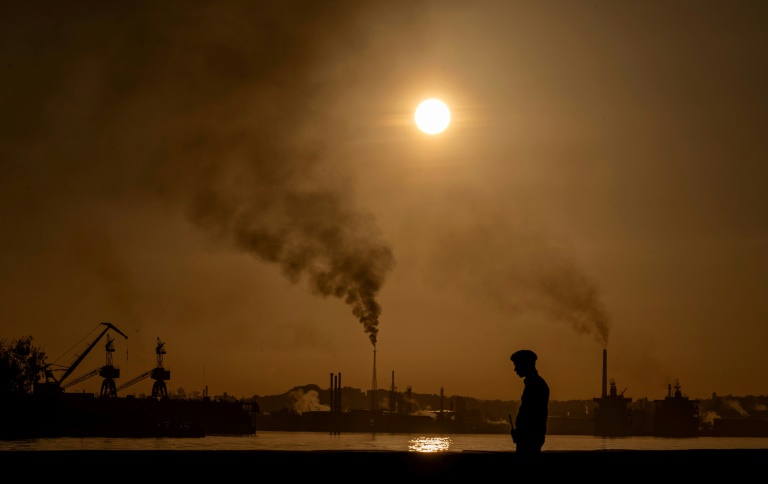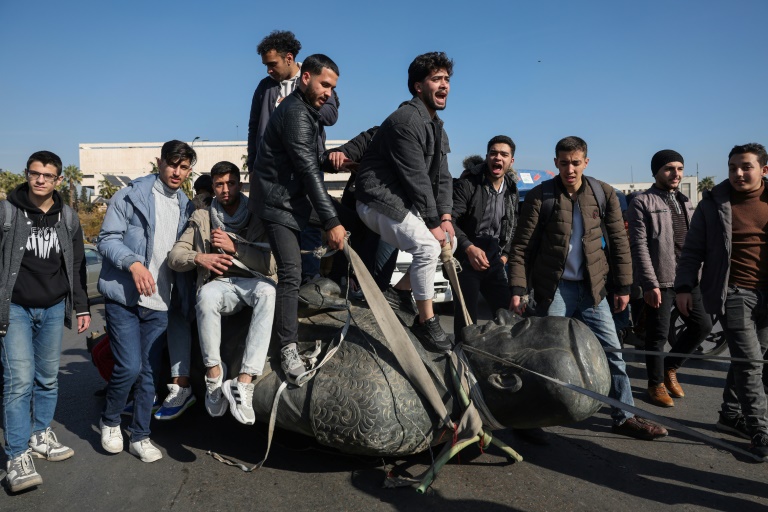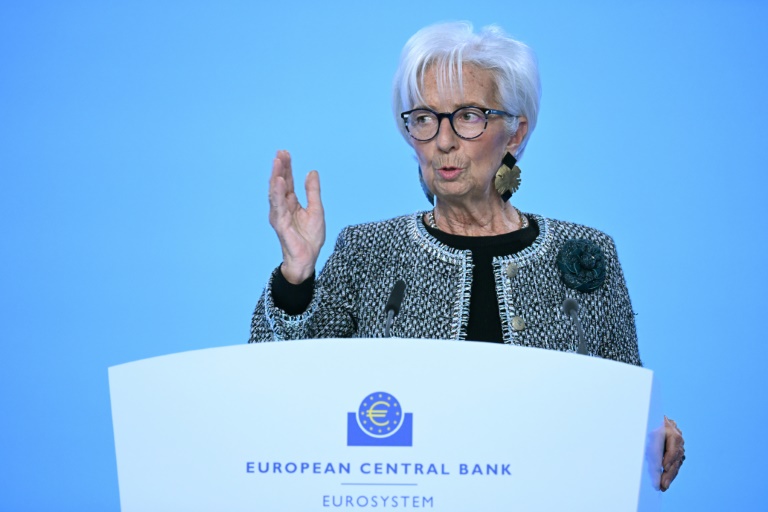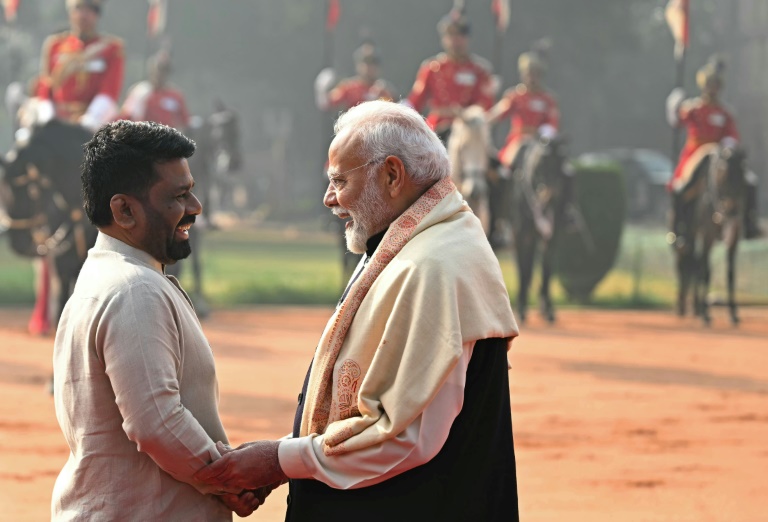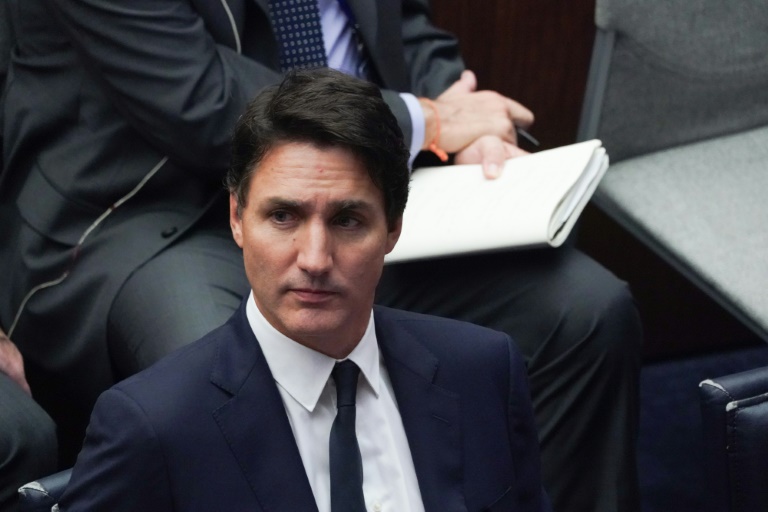International oil prices fell Wednesday after a key ministerial meeting of the Organization of the Petroleum Exporting Countries (OPEC) and its allies was pushed back from Sunday to November 30.
The Vienna-based organisation announced the postponement of the OPEC+ alliance gathering in a brief statement, without providing any explanation.
The 13 OPEC members headed by Saudi Arabia and ten partners led by Russia are due to decide on their output policy amid slumping crude prices and recent rumours of discord among alliance members.
Global crude prices shed more than five percent following the surprise announcement but stablised a little.
At 1630 GMT, Brent North Sea crude was down 3.9% at $79.27 a barrel, while West Texas Intermediate was 4.1% lower at $74.61.
“Uncertainty is never good for financial markets, which now have to wait longer to get clarity what OPEC+ will do next year,” UBS analyst Giovanni Staunovo told AFP.
The postponement also signalled the existence of “different views among the group’s participants”, he added, confirming what two OPEC+ sources had told AFP on condition of anonymity.
The alliance has postponed ministerial meetings in the past, “but never for four days” indicating difficulties to reach agreement, said Jorge Leon of Rystad Energy.
With oil prices plummeting below $80 per barrel since peaking in September, analysts expect further production cuts by the alliance.
But the great unknown is how the cuts would be implemented next year and potentially shared among members.
In recent months, nine OPEC+ members including Riyadh, Moscow, Baghdad and Dubai have reduced their output.
Saudi Arabia bore the brunt, voluntarily slashing production by a further million barrels a day since July.
Voicing discontent over the slump in prices, Saudi energy minister Prince Abdulaziz bin Salman recently “blamed speculators for the oil price slide” rather than weak demand, said analyst Carsten Fritsch of Commerzbank.
Russian Deputy Prime Minister Alexander Novak on Wednesday sounded a different note, saying that “current oil prices objectively reflect the current situation”.
“They are at a sufficient level, so the market is balanced. But we will discuss these issues in detail at the next meeting”, he added, quoted by Russian news agencies.
Oil prices are far from the levels near $140 a barrel reached after the Russian invasion of Ukraine.
But they remain above the average of the last five years, despite concerns about demand, particularly in China — the world’s biggest importer of crude.
For the Saudis, however, the $80 mark is critical as the break-even price is slightly above it, according to IMF estimates.
In the absence of an agreement, investors fear that Riyadh might put an end to their additional cuts, Fawad Razaqzada of City Index told AFP.
“It’s clear that they’re dissatisfied with some of the other OPEC+ members who are not complying with the cuts” previously announced, he added.
Russia is reportedly reluctant to implement its commitments because it needs the oil revenue to finance its war in Ukraine.
The two sources close to the discussions contacted by AFP, also mentioned “disagreements between Riyadh and African countries over quotas”.
Some members have said they would like to increase their production.
At the last meeting in June, the United Arab Emirates obtained an increase in their volume for 2024, to the detriment of other countries such as Angola, Congo and Nigeria.
AFP

